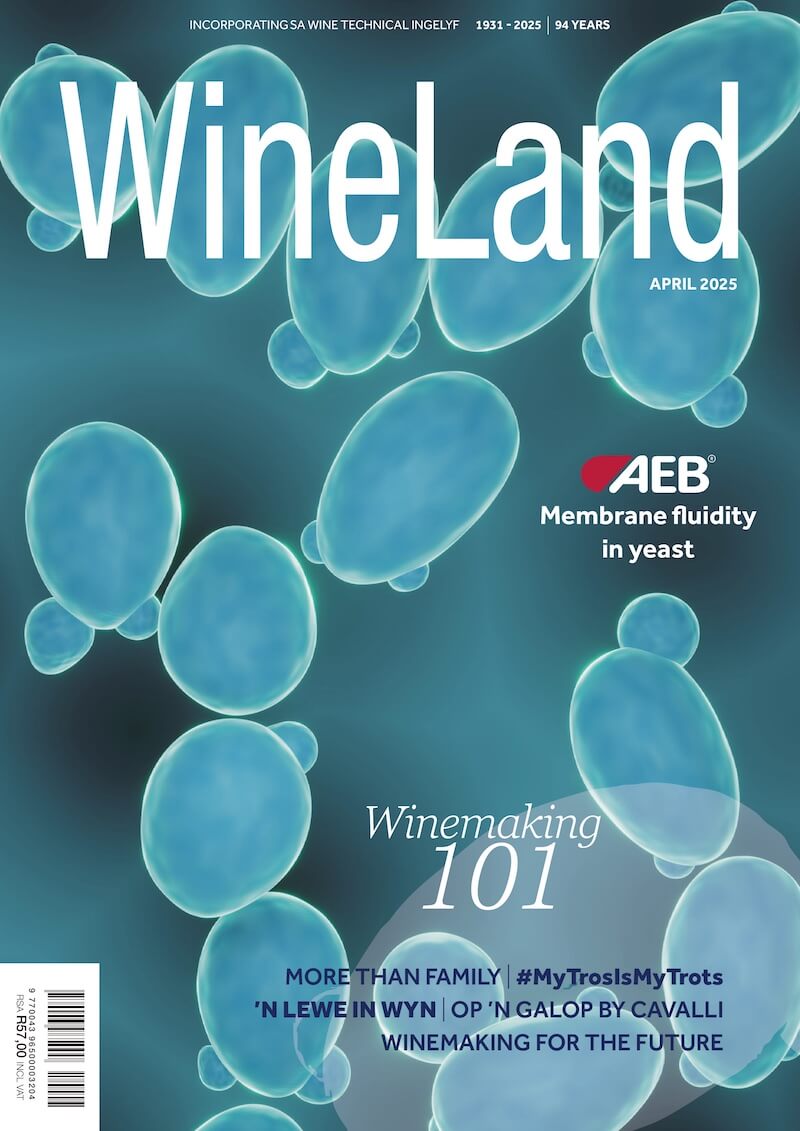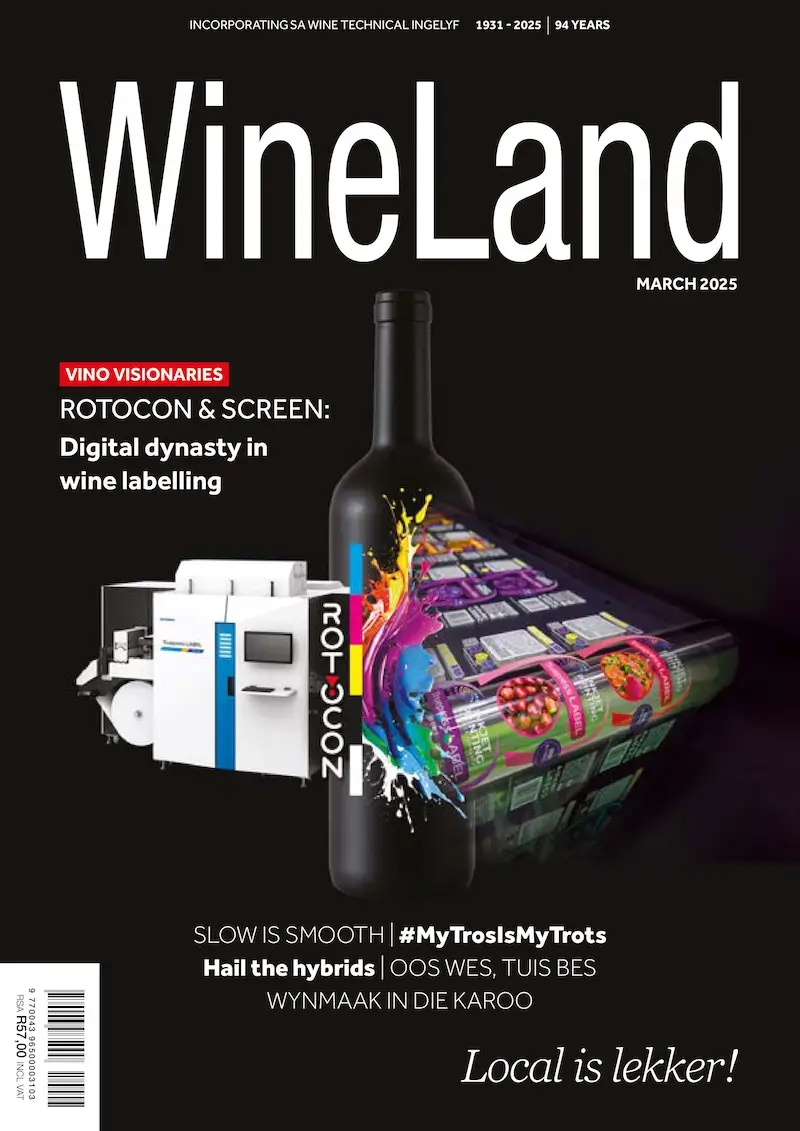 “The age of youth was not meant for pleasure, but for heroic service.”
“The age of youth was not meant for pleasure, but for heroic service.”
Tony Compola, American sociologist and public speaker.
Wisdom is acquired in the middle ground that occurs as result of the tension between two acute opposites. Mentorship is the middle ground that brings young and experienced leaders together.
Modern-day successful organisations understand the concept of mentorship and that it is the connective tissue required for the development of young leaders. Mentorship begins when more experienced leaders open up the access to their experience and knowledge so that young leaders can benefit therefrom. The responsibility remains on young leaders to unearth this knowledge. Interaction with mentors also teaches specific behaviour, etiquette and discipline which cultivate self-confidence. One of the ways in which access to seasoned leaders’ knowledge and experience is acquired, is when young leaders possess certain qualities that form the corner-stones for the healthy exchange of important concepts between young and experienced leaders.
What role do young leaders play in this symbiotic relationship in an organisation and what are the qualities required?
Passion is an important characteristic. It creates energy and enthusiasm so young leaders can dedicate themselves to the field in which they are building a career. Passion in young leaders also spurs enthusiasm in the people around them and especially in their mentors who can sense their keenness. Passion is also a driver for the accumulation of knowledge.
Drive and motivation rooted in the realisation that what you do is important and valuable, create an important atmosphere of inclusivity. Many young leaders show an interest or become physically involved in social development in their industry or the outside world. Community initiatives also benefit from young people with an holistic approach who take the spiritual, physical and emotional dimensions of human existence into consideration. It spills over to the workplace and manifests into a more sympathetic approach.
Young leaders put a premium on a healthy balance between work and play, but at the same time strive for higher quality and productivity. This leads to a search for innovation in order to promote work efficiency. Young leaders therefore accept new technology, because if it is applied effectively, certain tasks can be performed faster and better. Technology also helps to communicate the vision and mission of organisations to ground level faster.
The management style and organogram visualised by young leaders, have less vertical layers and are better expressed as a horizontal representation of different role players with specific responsibilities in the organisation – not less or more important that those of their colleagues, just different and specific. In this way the tyre that protects the car wheel is considered just as important as the screws that keep it fastened.
Other advantages of young leaders in an organisation include the integration of new ideas in the institution thanks to a certain courage that goes with a lack of experience. Specific objectives are also pursued and the dynamics thereof can be adjusted more quickly thanks to the pull of innovation and young leaders’ energy. They also have a growth mentality and learn from the successes of their peers, accept criticism in a positive way and believe that mastery is a direct result of their inputs.
– Jacques Steyn, general manager, Jordan
It’s a bit of a wakeup call when you’re asked to contribute to a debate themed “Young and inexperienced, yet innovative, leaders vs experienced and well-known leaders”, only to find out you’re no longer in the young camp! Reflecting on my growth,
I think the key lesson I learnt at an early stage is never to confuse management and leadership. Simply put, management is all about good governance, reporting and structures, while leadership is the single thing that ignites passion, excitement and loyalty.
Quite frankly my personal unravelling of this concept led to many a hard knock and the one thing I’ve always kept in the front of my mind is that making a mistake is okay – it’s how we learn and grow, and more importantly how you allow your team to grow. That said, you can’t make the same mistake twice.
The concepts of management and leadership go hand in hand. Management is what you do from day to day, while leadership is all about the journey and no one is about to embark on a journey with you unless you can get them excited about the destination and that for me has always been the key aspect.
At Vergelegen, we’re way beyond just being a wine business – hospitality turnover is equal to wine turnover, we’re on the tentative list to become a World Heritage Site, our environmental project is about to be awarded a protective declaration equivalent to that of the Kruger National Park and we have
17 internationally acclaimed gardens.
This means you must have a compelling and unifying vision, something you can sell to both your team and stakeholders (for instance shareholders, bank managers and partners). If you don’t get buy-in at this stage you’re destined for a very lonely journey to nowhere. This must become the business’ True North – while the journey itself will see many deviations and adaptions that True North must remain the key focus and the thing everything is measured against. If it doesn’t meet the requirements for True North, get rid of it.
The next huge learning curve was realising I couldn’t do it alone. I quickly understood I was only ever going to be as good as the team working with me. The challenge is letting go of the reins, understanding that everything has to be about “us” and “we” and along with that trust. That means ensuring team members are given the space and opportunity to grow and even more importantly, to play to their strengths in terms of innovation and challenge. While the True North must unite, there has to be those people who add value in their own unique way. Getting their commitment and loyalty involves a combination of mentorship, mutual respect and ensuring you remain the conductor and not the band member.
With these foundations in place, you need the courage to tear up the rule book and write your own – but always keeping the vision in mind. In my early days in the wine industry I was privileged to be exposed to and mentored by three of South Africa’s wine industry pioneers. Sydney Back, Frans Malan and Spatz Sperling understood the how and the why of tearing up the rule book. In their day they were faced with restrictive legislation that shackled the small quality producers, one example being that consumers were prohibited from buying single bottles of estate wine – they had to buy a case, but could buy single bottles from “mass producers”. They challenged every restrictive rule, forcing change and ultimately helping to establish our current wine of origin system.
One of the aspects of their mentorship I’ve grown and learned to appreciate was the need to listen, coach and provide space for individual talent to shine. The danger with now being in the other age camp is the “been there, done that, have the T-shirt” attitude and possibly stifling innovation for all the wrong reasons. I was brash, full of hot air (probably still am), but my mentors listened, took the good stuff on board and gently pushed me back to True North when I lost the plot – something I believe as leaders we all need to do.
– Don Tooth, managing director, Vergelegen













